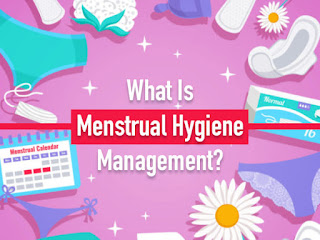Revolution Of Sanitary Napkins In India
Innovations change the way we live our lives. We use hundreds of products but the story behind their invention is often unknown. Sanitary Pad is an essential item for all people. In rural parts of developing countries, 95% of households cannot afford this essential item and switch to unhygienic alternatives such as old rags, newspapers, banana leaves, dust, etc. Not only is this a very impractical and uncomfortable alternative but puts their health in serious danger.
“Women who do use cloths are often too
embarrassed to dry them in the sun, which means they don’t get disinfected.
Approximately 70% of all reproductive diseases in India are caused by poor
menstrual hygiene – it can also affect maternal mortality.”
However, these cultural norms did not stop
technological innovation: the first disposable pads hit
the market in 1896. By the turn of the century, concerns about bacterial growth from
inadequate cleaning of reusable products between wears created a new menstrual
“hygiene” market.
The credit for inventing of pad goes to one
man: Muruganantham Arunachalam. He set out to create a low-cost
sanitary pad, and succeeded. He then made it his
mission to ensure every Indian woman has access to sanitary pads during her
periods. Only 12% of menstruating women in India use
sanitary pads when on their period. The other 88 percent of women resort
to stuffing their undergarments with various unhygienic objects such as non - sanitized
cloth, ashes, husk sand, and others. In India mostly people think that when they
are on their period, they feel dirty and would be scared if their family
members saw disposed pads in the trash can. In India Sanitary napkins are still
considered as abnormal thing. To resolve this taboo against sanitary pads,
better implementation of health education in Indian schools is needed to teach
girls how their own bodies work and how sanitary pads are hygienically used.
Conclusion-
Sanitary Pads are necessary for every woman.
Girls First Choice-Sanitary pads.
Safety with care.




Comments
Post a Comment